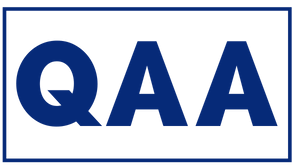Training, Skill Development & Progression
11 December 2018

After the Caps Fall…
One of our local universities held their fall commencement ceremony this past weekend. A record number of diplomas were given to individuals who spent years earning their degrees. Similar commencements are given by other universities and high schools in the spring, summer, and fall each. Friends and families gather to celebrate the achievements of their graduates.
As the graduates relax and reflect on their accomplishments, they begin to prepare for their next step in their future after the caps fall. Instructional designers and training analysts understand that training and skill development does not end with graduation or beginning a new position. It is irrelevant whether your education includes military, college, trade school, or an apprenticeship. Skill development is a never ending process for everyone.
Training & Skill Development
Our brains have an enormous capacity for storing knowledge. If we compared our brain to a computer, it would have a storage capacity of 2.5 petabytes or 2.5 million gigabytes. With employers providing on-boarding, just-in-time, and annual refresher training for all employees, individuals are completing training often.
There are several methods for delivering the training from eLearning, instructor-led to blended with simple or complex features. Before developing and delivering the training, the most important step is analysis. Organizations must know what training and skills need to be developed or refined. For example, a required two hour training on completing a 10 page form that could be demonstrated in a PDF sample is useless.
Progression & Growth
Beyond the usual training offerings, organizations may choose to set up a mentorship program based on data gathered from analysis. The program may assist
- new employees in becoming familiar with processes;
- with new roles, responsibilities, or positions; and
- with preparation of career progression goals.
The following TedTalk provides details as to how organizations should encourage mentorship based on the diverse workforce. Considering the season of commencements (for all ages), it might be a good time to re-evaluate a mentorship program. Does your organization have one? What is the criteria?

